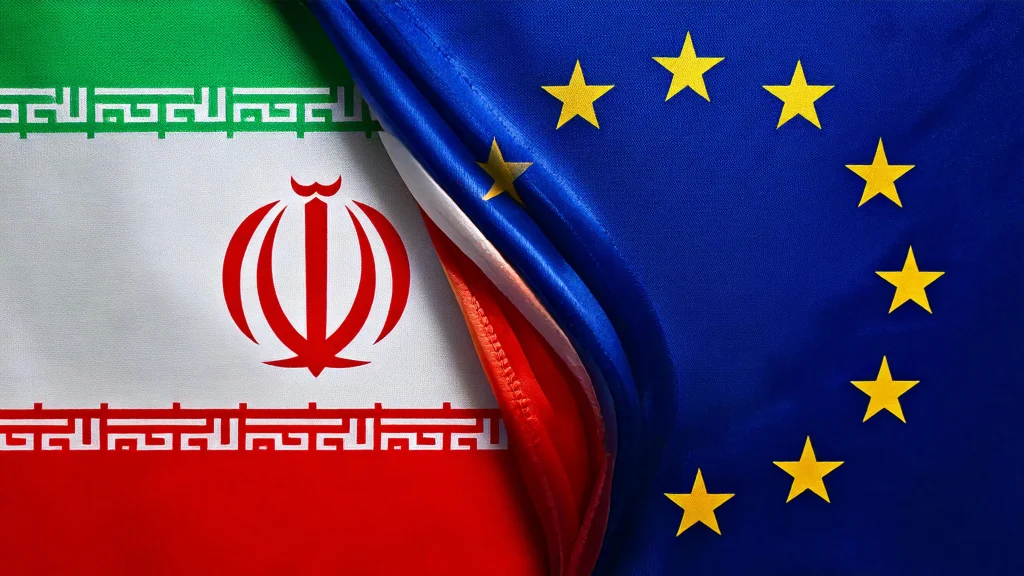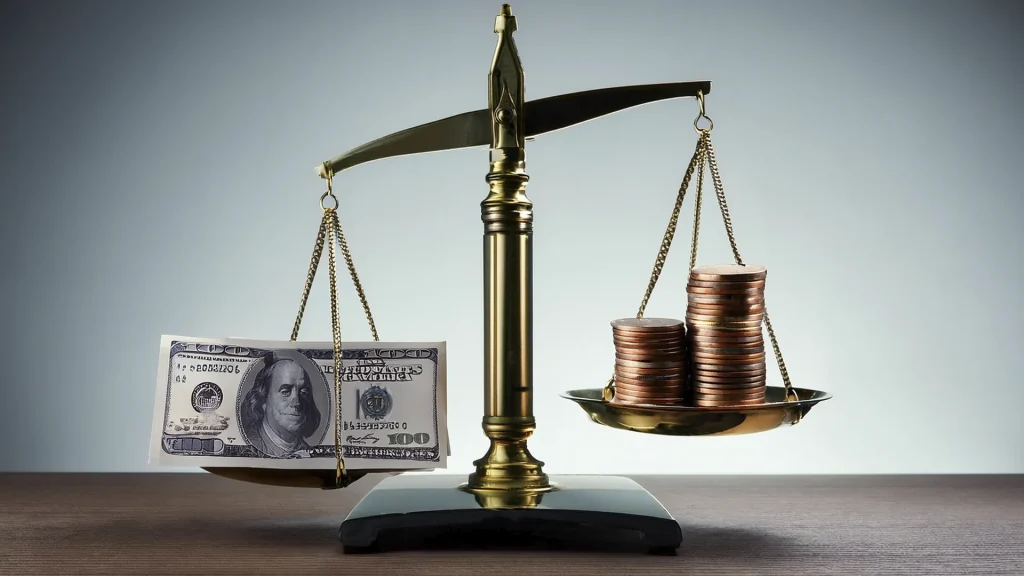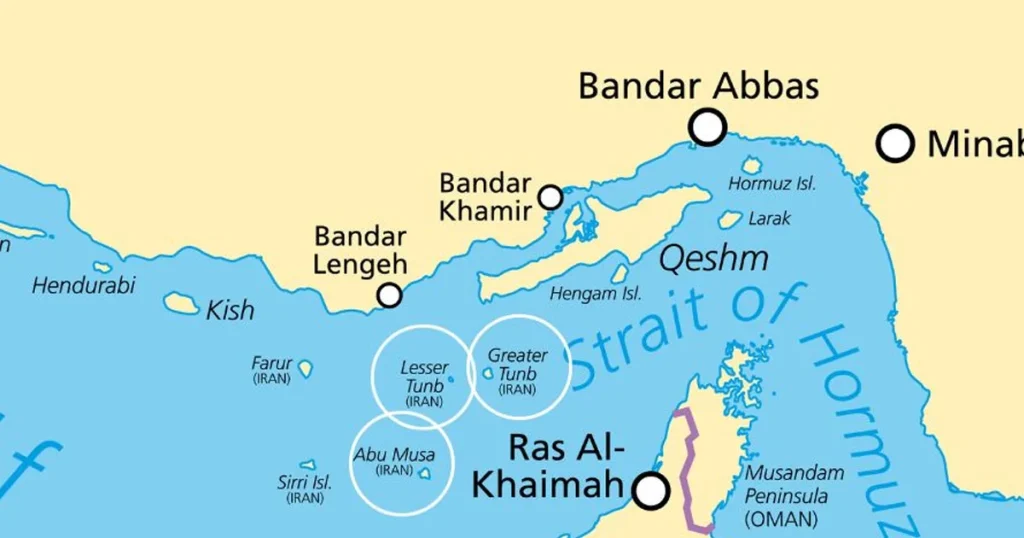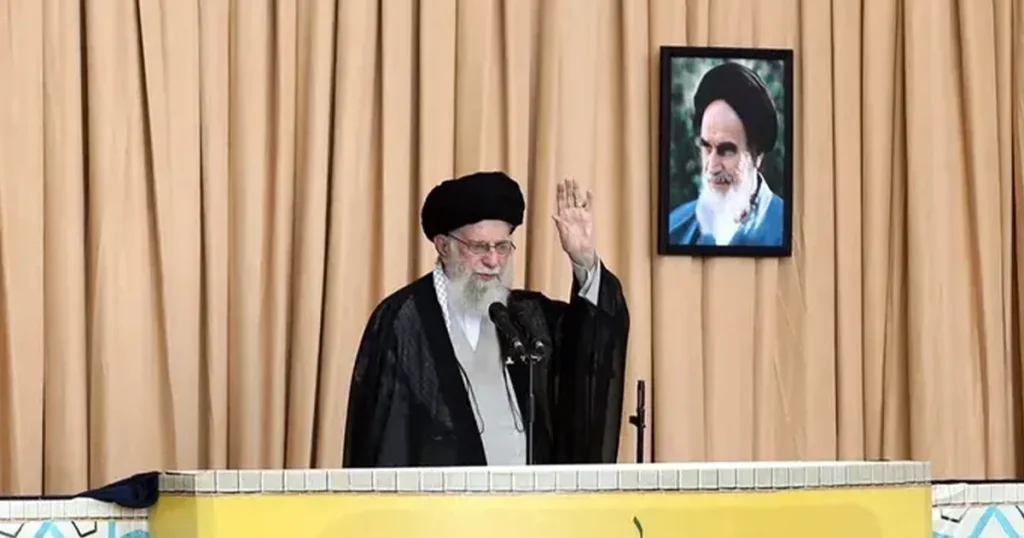In June 2024, FairTrade, a notable German organizer known for its international agro-food and packaging trade fairs, is gearing up for its 31st showcase at the Tehran International Permanent Fairgrounds. While this event is a significant platform for European businesses in the agriculture, food technology, and hospitality sectors, it raises substantial ethical and strategic considerations due to the pervasive influence of the Islamic Revolutionary Guard Corps (IRGC) over Iran’s economy.
IRGC’s Economic Dominance
The IRGC, a powerful faction within Iran, is not merely a military entity but also a vast economic conglomerate. Controlling up to two-thirds of the Iranian economy, the IRGC has deep entrenchments in every major industry, from oil and gas to construction and telecommunications. This extensive control is facilitated through a complex network of subsidiaries and affiliated companies, often masked to bypass sanctions and scrutiny.
Implications for International Participants
The upcoming FairTrade event in Tehran, while not listing IRGC-affiliated entities directly, still presents risks for European participants. The fact that major industrial groups participating in the event, like the Iranian Felez Group and Iranian Akbarieh Company, have previously faced sanctions highlights the intricate challenges of navigating business relationships in Iran. These companies, known for their ties with broader state-run industries, reflect the indirect pathways through which the IRGC asserts its influence over the country’s economic landscape.
Ethical and Strategic Risks
For European companies and event organizers like FairTrade, engaging in a market so heavily influenced by the IRGC involves several risks. The primary concern is the ethical dilemma of indirectly supporting an organization with established ties to militant activities and severe human rights abuses. Furthermore, such engagement poses significant legal and financial risks, given the international sanctions targeting the IRGC and its affiliated operations.
Participant Overview at FairTrade’s Tehran Event
The Tehran trade fair organized by FairTrade will see a variety of European companies engaging in a marketplace heavily influenced by the IRGC. Some of the prominent participants include:
- German Companies:
- Lubricant Consult GmbH
- Bell Flavors & Fragrances GmbH
- Destilla GmbH
- EFPROMM GmbH
- Lactoprot Deutschland GmbH
- Saeed Moshaver GmbH
- TH. Geyer
- WeissBioTech Biocatalysts
- Italian Companies:
- B.A Processing S.r.l
- Rossi Ingegneria Alimentare Srl
- Saccro S.r.l
These companies, aiming to expand their presence in the food industry and machinery sectors, face significant ethical and compliance risks. Their participation links them indirectly to large Iranian industrial groups like the Iranian Felez Group and the Iranian Akbarieh Company, which have been sanctioned internationally. This connection underscores the crucial need for these European businesses to reassess their partnerships and consider the broader implications of working in an economy under the sway of the IRGC.
Conclusion
The Tehran International Permanent Fairgrounds event underscores the dire implications of international business engagements with an economy under the pervasive influence of the Islamic Revolutionary Guard Corps (IRGC). Given the IRGC’s control over up to two-thirds of the Iranian economy and its extensive involvement in sectors marred by sanctions and global scrutiny, European companies must reconsider their presence in such markets.
The ethical ramifications of doing business in Iran, where economic activities are deeply intertwined with an entity known for severe human rights abuses and support for extremist activities, are profound. It is not merely a matter of navigating complex markets but rather a clear choice between complicity in these abuses and standing for global human rights standards.
For businesses and trade organizers like FairTrade, this situation should not call for a balanced approach but a decisive action to cease all business dealings with the Islamic Republic. The risks of legal entanglements, financial penalties, and, most critically, moral compromise are too significant to justify any perceived economic benefits. The international community, particularly entities with the power to influence global trade dynamics, has a responsibility to enforce and respect the sanctions regimes designed to press for changes in Iran’s policies, particularly those related to human rights.
In conclusion, a complete boycott and withdrawal from any business dealings with the Islamic Republic are necessary. This action will affirm a commitment to ethical business practices and human rights, contributing positively to global efforts aimed at curbing the malign activities of the IRGC and pushing for substantial governance reforms in Iran. The importance of due diligence cannot merely be about assessing risks but must fundamentally align with an uncompromising stand on international law and human decency.






